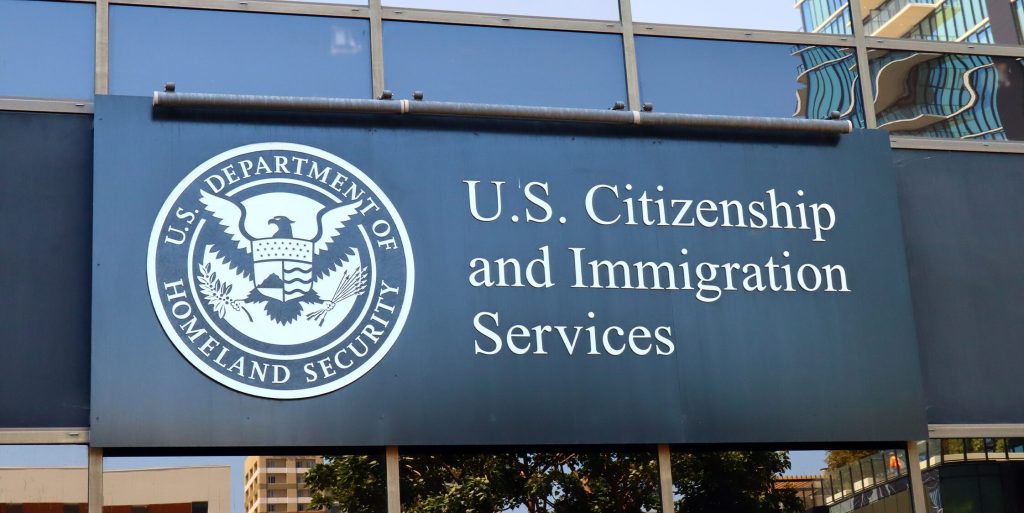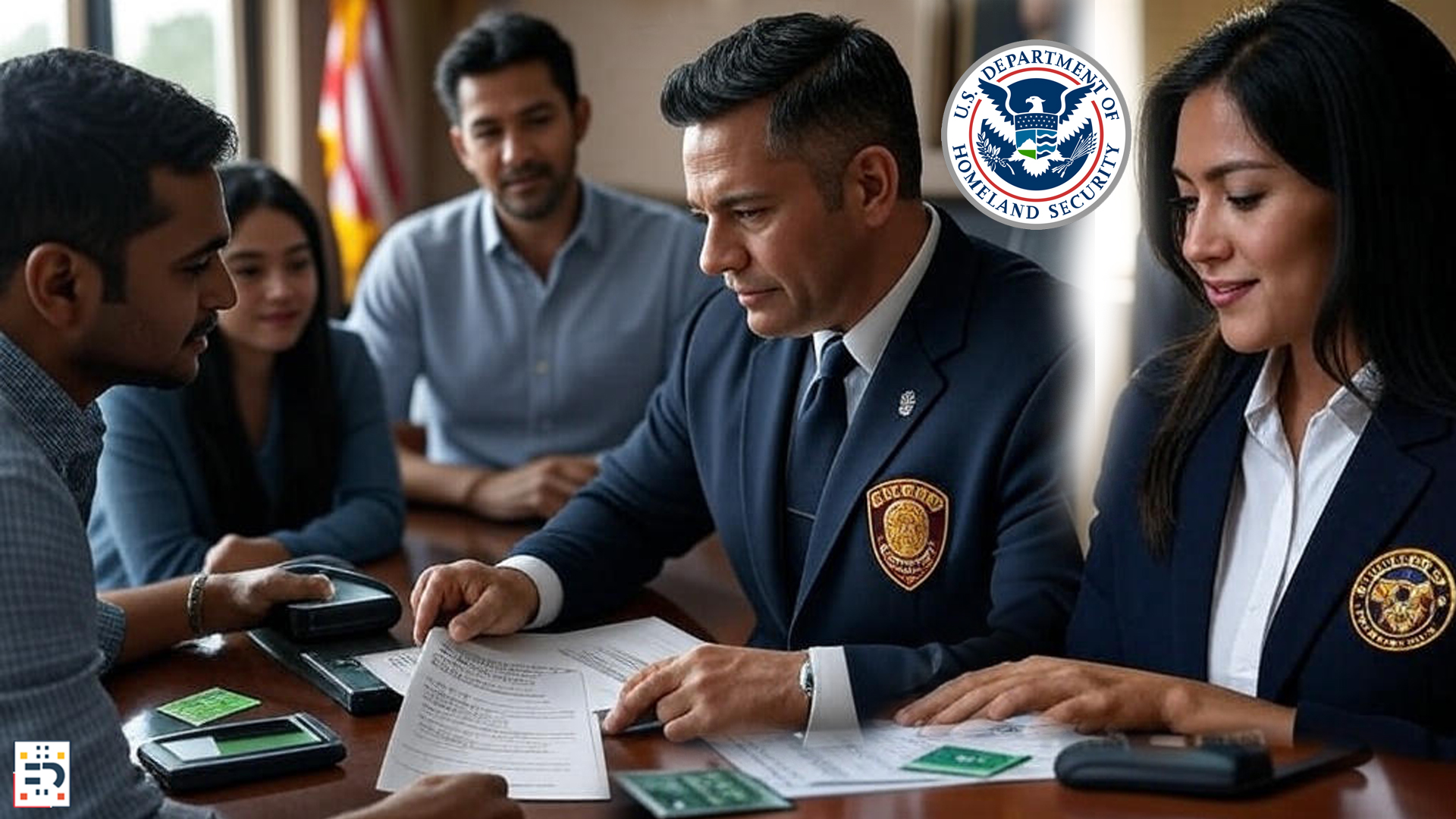For millions seeking new beginnings in the United States, U.S. Citizenship and Immigration Services (USCIS) stands as the primary gateway. This vital agency, a component of the Department of Homeland Security, is responsible for administering the nation’s lawful immigration system, processing a wide array of applications, and guiding individuals through their journey towards becoming integral parts of American society.
Whether you’re looking to reunite with family, pursue career opportunities, or find refuge, understanding the role of USCIS is paramount.
What Does USCIS Do? A Comprehensive Overview
USCIS is at the heart of many immigration processes. Their core mission revolves around promoting national security, ensuring public safety, and safeguarding the integrity of the immigration system while efficiently adjudicating applications for various immigration benefits.
Some of the key areas USCIS oversees include:
- Green Card Applications: For those seeking permanent residency in the U.S., USCIS processes applications for a Green Card, which grants individuals the right to live and work permanently in the United States. This can be pursued through various avenues, including family-based petitions, employment-based visas, and diversity visas.
- U.S. Citizenship and Naturalization: A significant portion of USCIS’s work involves the naturalization process, the path by which eligible lawful permanent residents can become U.S. citizens. This typically involves meeting specific residency requirements, demonstrating good moral character, and passing a civics and English language test.
- Family-Based Immigration: USCIS facilitates the reunification of families by processing family-based immigration petitions. U.S. citizens and lawful permanent residents can petition for eligible relatives to come to the U.S. and obtain immigrant visas.
- Employment-Based Visas: For individuals seeking to work in the U.S., USCIS handles various employment-based visa categories, from temporary nonimmigrant visas like the H-1B for specialty occupations to immigrant visas that can lead to a Green Card.
- Humanitarian Programs: USCIS plays a critical role in administering humanitarian programs, offering protection to individuals fleeing persecution, war, or disaster. This includes processing applications for asylum, refugee status, and Temporary Protected Status (TPS).
- Deferred Action for Childhood Arrivals (DACA): While currently facing legal challenges, USCIS has historically administered the DACA program, providing a form of temporary protection from deportation and work authorization to eligible undocumented young people who came to the U.S. as children.

Essential Tools and Resources Provided by USCIS
Navigating the immigration system can be complex. USCIS offers a wealth of resources to assist applicants:
- USCIS Forms and Applications: The official USCIS website provides all necessary USCIS forms for download, along with detailed instructions on how to complete and submit them. Many forms can also be filed online.
- Check Case Processing Times: A crucial tool for applicants is the ability to check USCIS processing times online. This allows individuals to get an estimated timeframe for their application’s adjudication.
- Case Status Online: Applicants can easily track the status of their submitted applications using the USCIS case status online tool. This provides real-time updates on where their application is in the process.
- USCIS Contact Center: For more personalized assistance or inquiries that cannot be resolved through online tools, the USCIS Contact Center provides support via phone.
Important Considerations for Applicants
- Accuracy is Key: When submitting any USCIS application, ensure all information is accurate and complete. Errors can lead to delays or even denials.
- Official Sources: Always refer to the official USCIS website (uscis.gov) for the most up-to-date information, forms, and policies. Beware of unofficial websites or individuals promising expedited services for a fee.
- Legal Assistance: For complex cases or if you have any doubts, consider seeking advice from an experienced immigration attorney. (While USCIS doesn’t endorse specific attorneys, a good general resource for finding legal help could be organizations like the American Immigration Lawyers Association – AILA).

USCIS plays an indispensable role in shaping the fabric of American society. By understanding its functions and utilizing the resources it provides, individuals can navigate the immigration process more effectively and pursue their aspirations in the United States.


